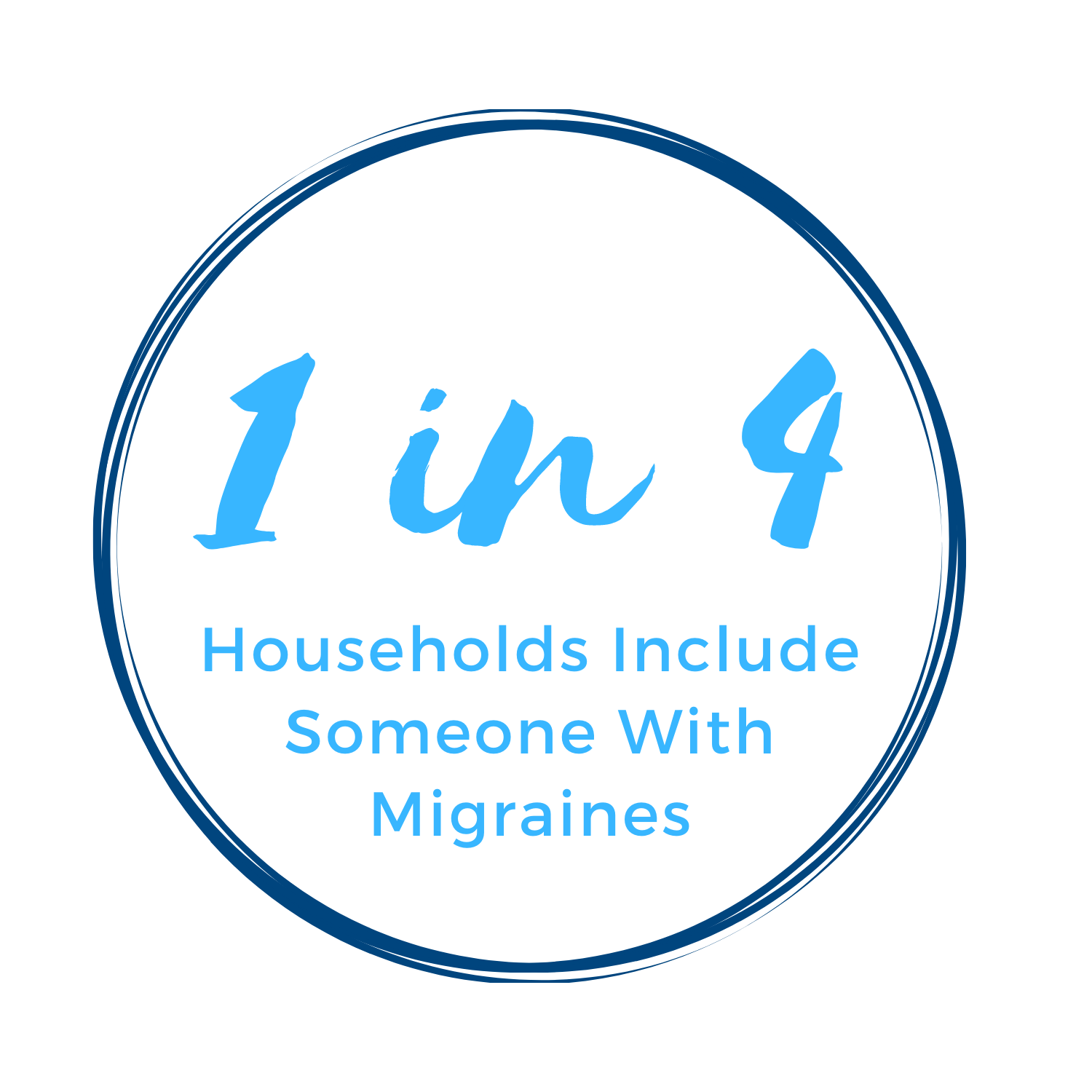
Did you know that 80-90% of people have suffered from headaches in their lifetime? 13% of all Americans have migraines. 20% of those have medically resistant headaches that require intervention. If headaches are treated at home, mainly with “as-needed” medication, they have a very high risk of developing medication overuse headache, which can be very difficult to treat.
There are several different types of headaches, including migraine, tension, and cluster headaches. For patients who experience chronic headaches, we perform a number of interventional procedures, depending on the nature and chronicity of their headaches.
SCHEDULE YOUR APPOINTMENT
Mendelson Kornblum Orthopedics makes scheduling your appointment easy. Schedule online or call us at
855-750-5757
Already a patient? Find your provider and schedule here as well.
Did YOU Know?




For more information on pain-related conditions and treatments, select a topic from the list below. These articles are for general information only and are not intended as medical advice:
- Trigeminal Neuralgi
- Atypical Facial Pain
- Peripheral Neuropathy of the face
- Post-Herpetic Neuralgia of the face
Headache Conditions
- Chronic Migraine Headaches
- Episodic Migraine Headaches
- Post-Traumatic Headaches
- Cervicogenic Headaches
- Cluster Headaches
- New Daily Persistent Headaches
Trigeminal Neuralgia (TN)
TN is a chronic, neuropathic pain condition with unilateral, brief episodes (a few seconds to a few minutes) of intense, sharp, and stabbing pain. The trigeminal nerve attaches to the brain, and has three branches that extend to the lower, middle, and upper part of the face. More than one nerve branch can be affected by the disorder. Medication, nerve blocks, and injections may help relieve pain.
How Does a Nerve Block Help Pain?
By injecting a numbing substance in or around a nerve or the spine, the pain signal between the nerve and the brain is interrupted, therefore causing the sensation of pain to be reduced or eliminated. A nerve block may be used to:
- Determine the source of pain
- Treat painful conditions
- Predict how pain will respond to long-term treatments
- Relieve pain in the short-term after a surgery or other type of procedures
If drugs or other treatments do not help control chronic pain or cause side effects, a nerve block can be effective in controlling pain. A local anesthetic may be used to perform a test block. If pain relief is experienced, the nerve block can be repeated or the nerve can be ablated (thermally or chemically) depending on the location.
Atypical Facial Pain
Peripheral nerves extend throughout the body. When a peripheral nerve is damaged by injury or illness, it can affect the ability to feel and/or move. Typical symptoms include:
- Pain
- Tingling
- Numbness
- Sensitivity
- Weak muscles
Neuralgias of the face can result in transient or constant pain in the areas supplied by the various facial peripheral nerves. Medication and nerve blocks are common interventions. If pain persists, neuromodulation is a treatment option.
